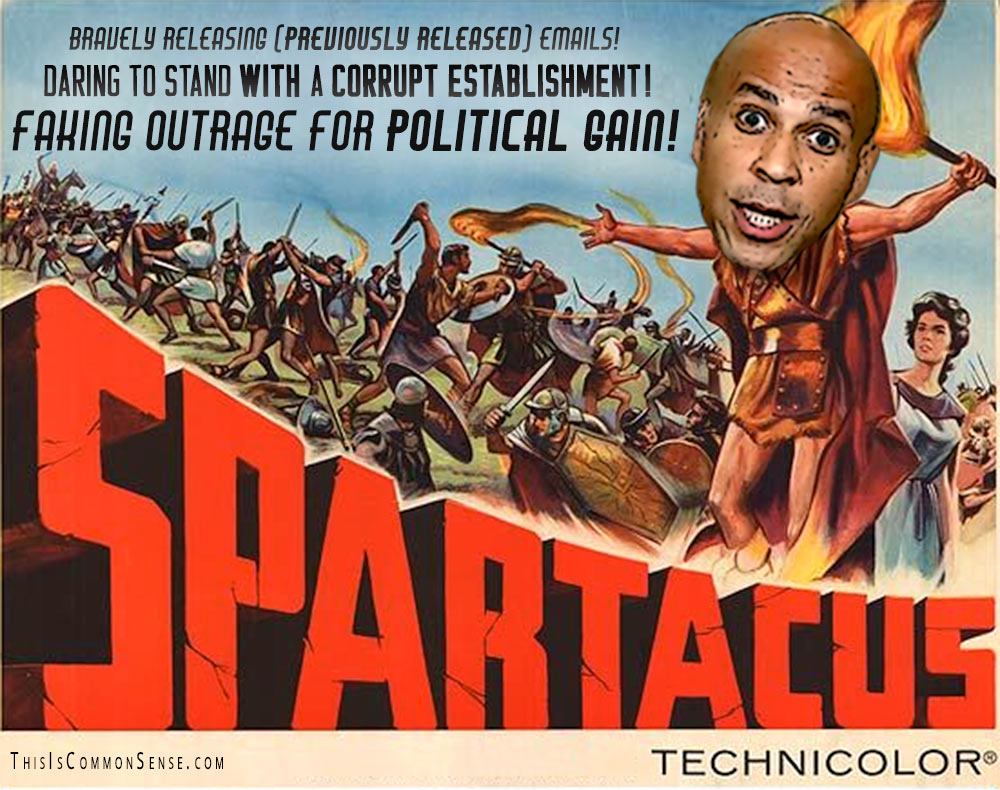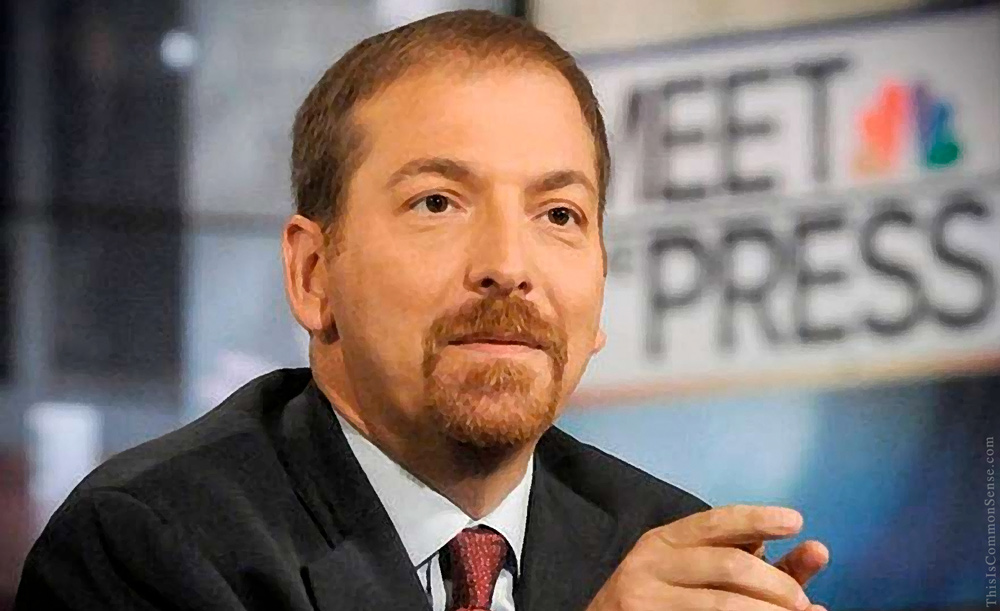Once upon a time, people who worried about communists infiltrating the government were often dismissed as paranoid.
“Sure, commies under every bed! Right!”
Communists in the State Department or wherever generally weren’t caught on tape boasting that they were Soviet agents and part of the Resist Truman or Resist Eisenhower movement. Allen Funt did not expose Alger Hiss. But now we have this social-media thing happening. And we have members of the Democratic Socialists of America (DSA) caught on tape touting their illicit exploits as federal employees.
Project Veritas is a conservative group* that conducts hidden-camera interviews with lefty activists. In one of Veritas’s recent exposes, several DSA members confess to abusing their government positions in order to impede Trump Administration policies, including any even slightly pro-market policies. The goal is to “f*ck sh*t up,” as one rebel summarizes.
Several of the Resisters boast that “we can’t really get fired.” That’s probably almost true; they’re federal bureaucrats. But DOJ paralegal Allison Hrabar and others may find that their license to chill is about to expire.
Hrabar was in the news a few months back for helping chase Homeland Security Secretary Kirstjen Nielsen from a restaurant. Now she has admitted using government resources to dredge up the home address of a DC lobbyist she wanted to target. Address in hand, she and several DSA comrades swooped down on the residence to hold a harassing protest.
Not quite how taxpayer dollars are supposed to be deployed.
This is Common Sense. I’m Paul Jacob.
* Project Veritas founder James O’Keefe, whom I know and like, has done enormous good with his undercover stings of ACORN and others. Last year’s failed effort against the Washington Post is the exception. Had Project Veritas succeeded in slipping this false accusation into the newspaper, the result would have been to publicize a harmful lie, not show the truth (per his group’s name.











